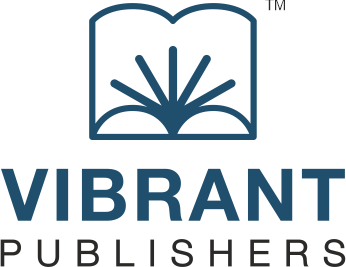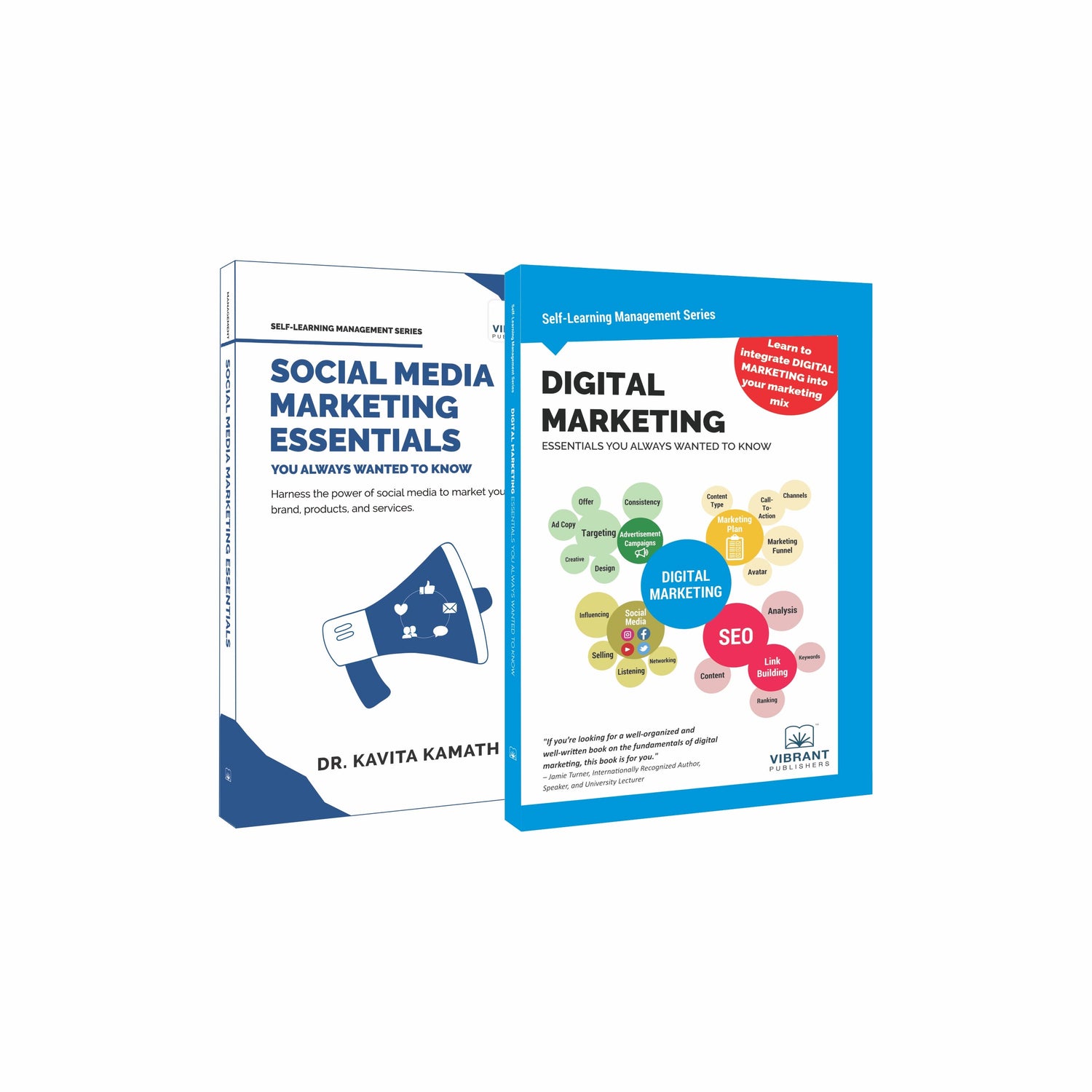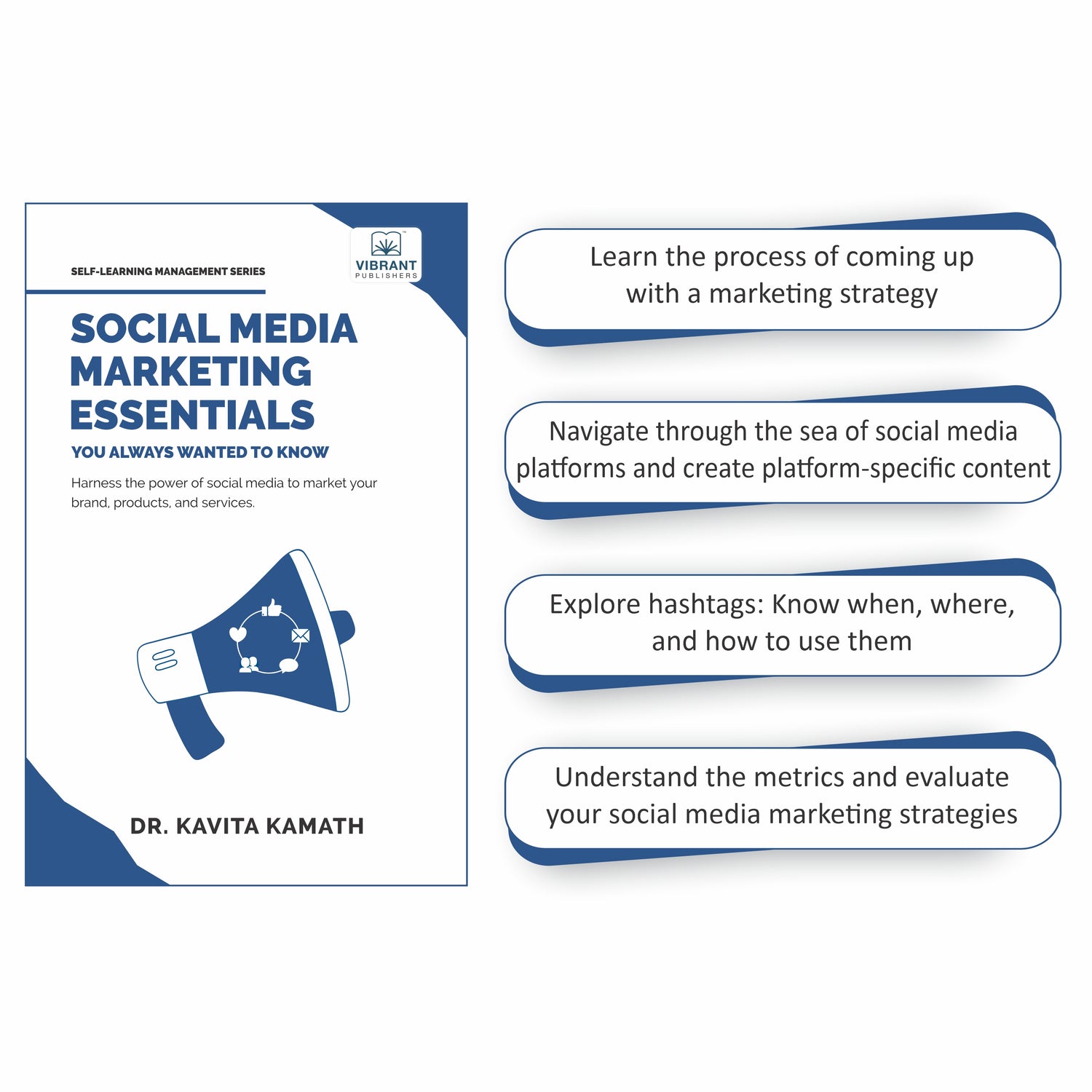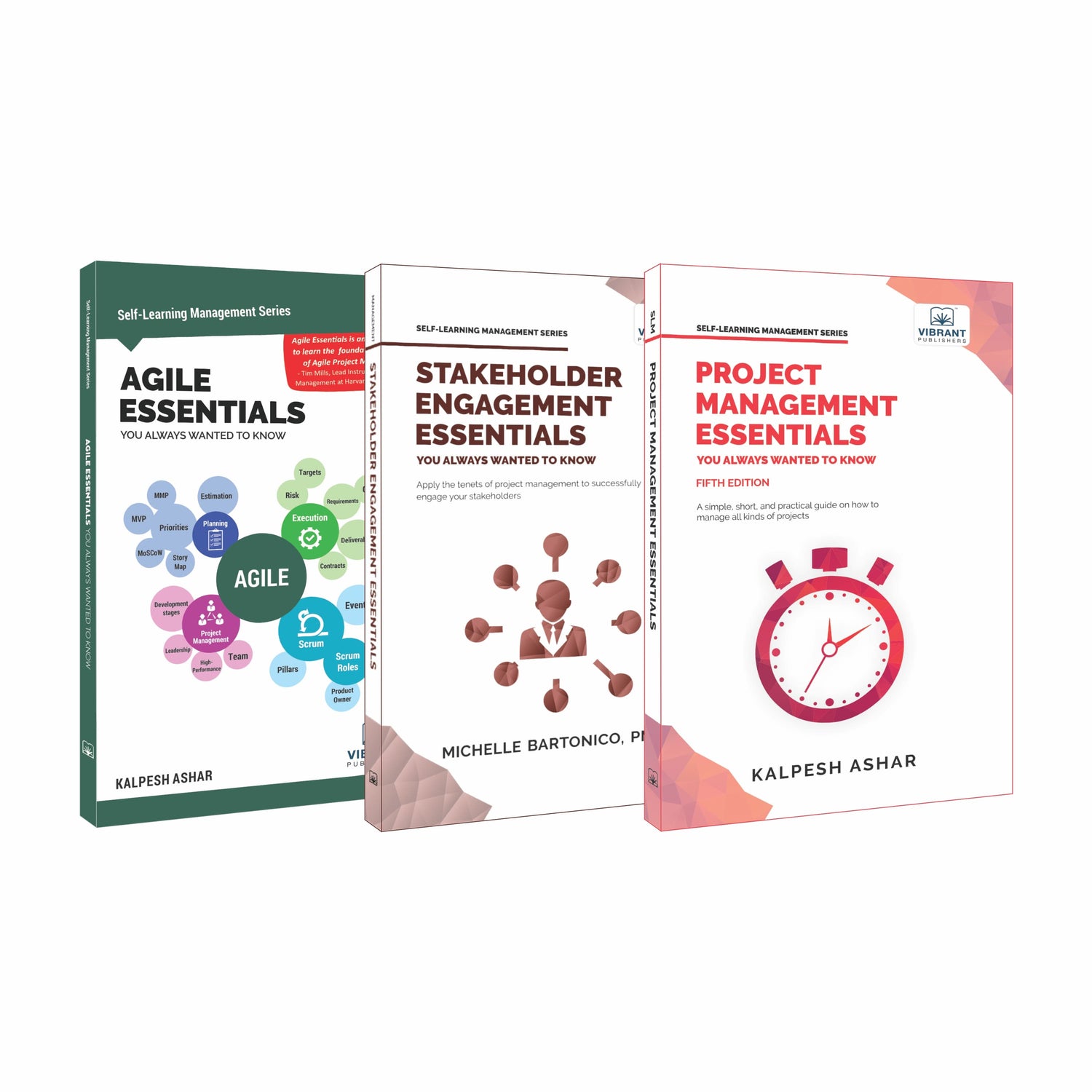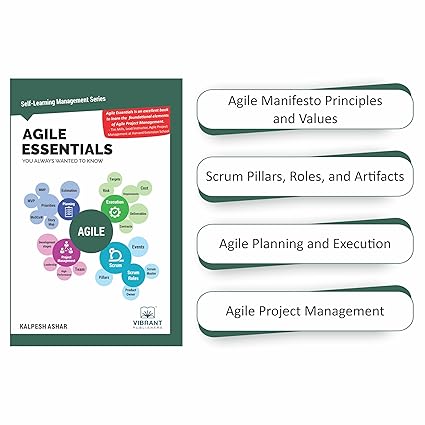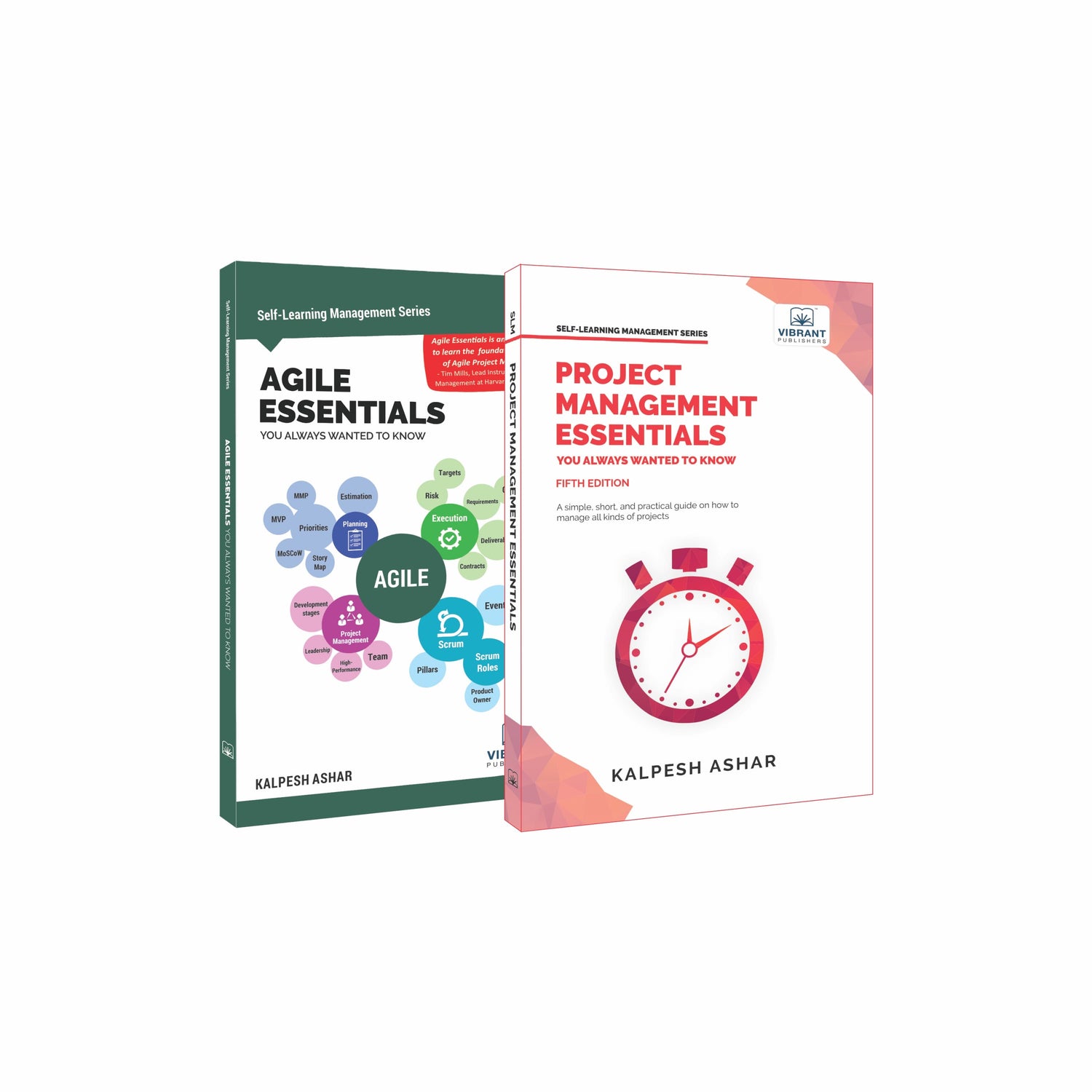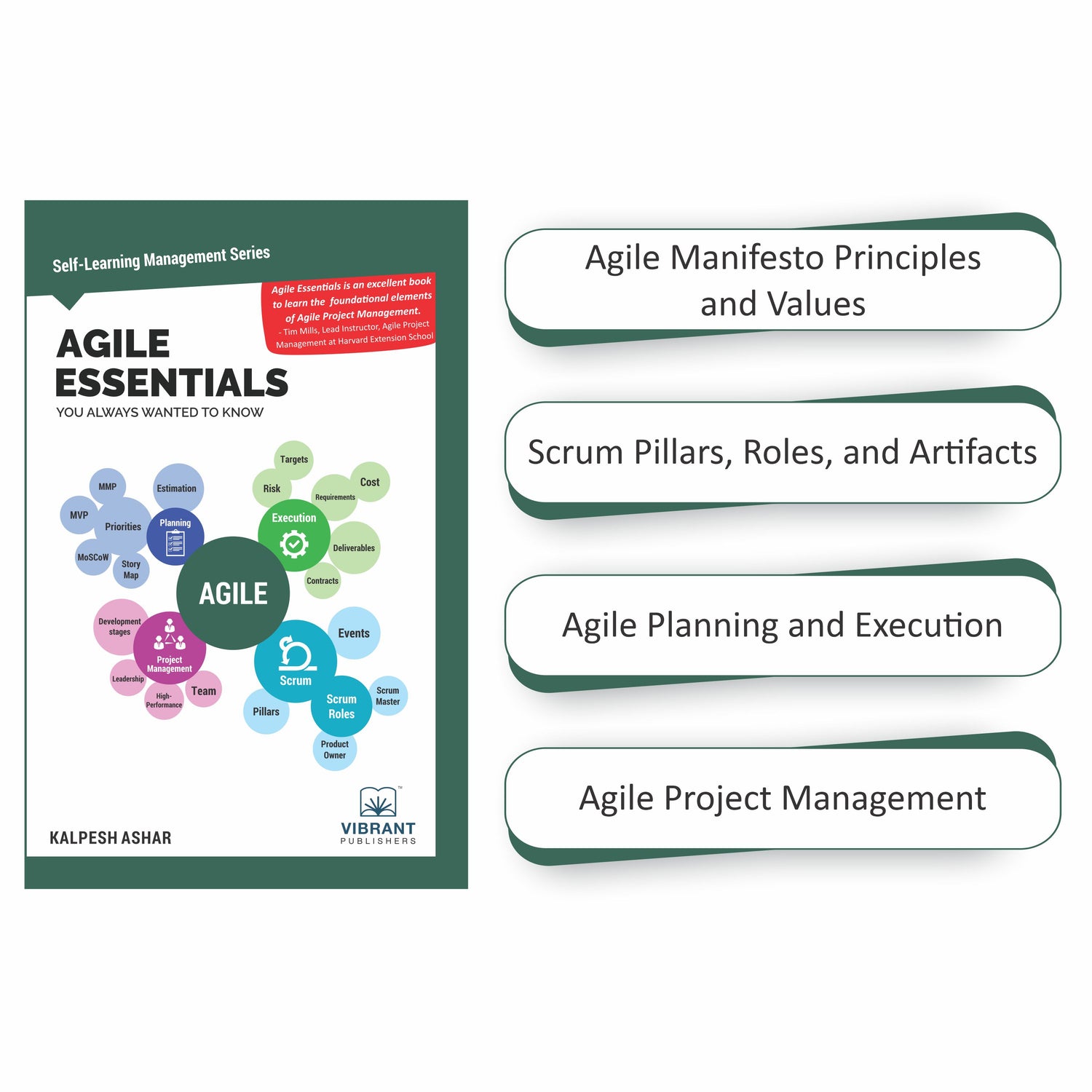Home
-
Blogs on Human Resource and Organizational Success
-
Human Resources Management in the Modern World
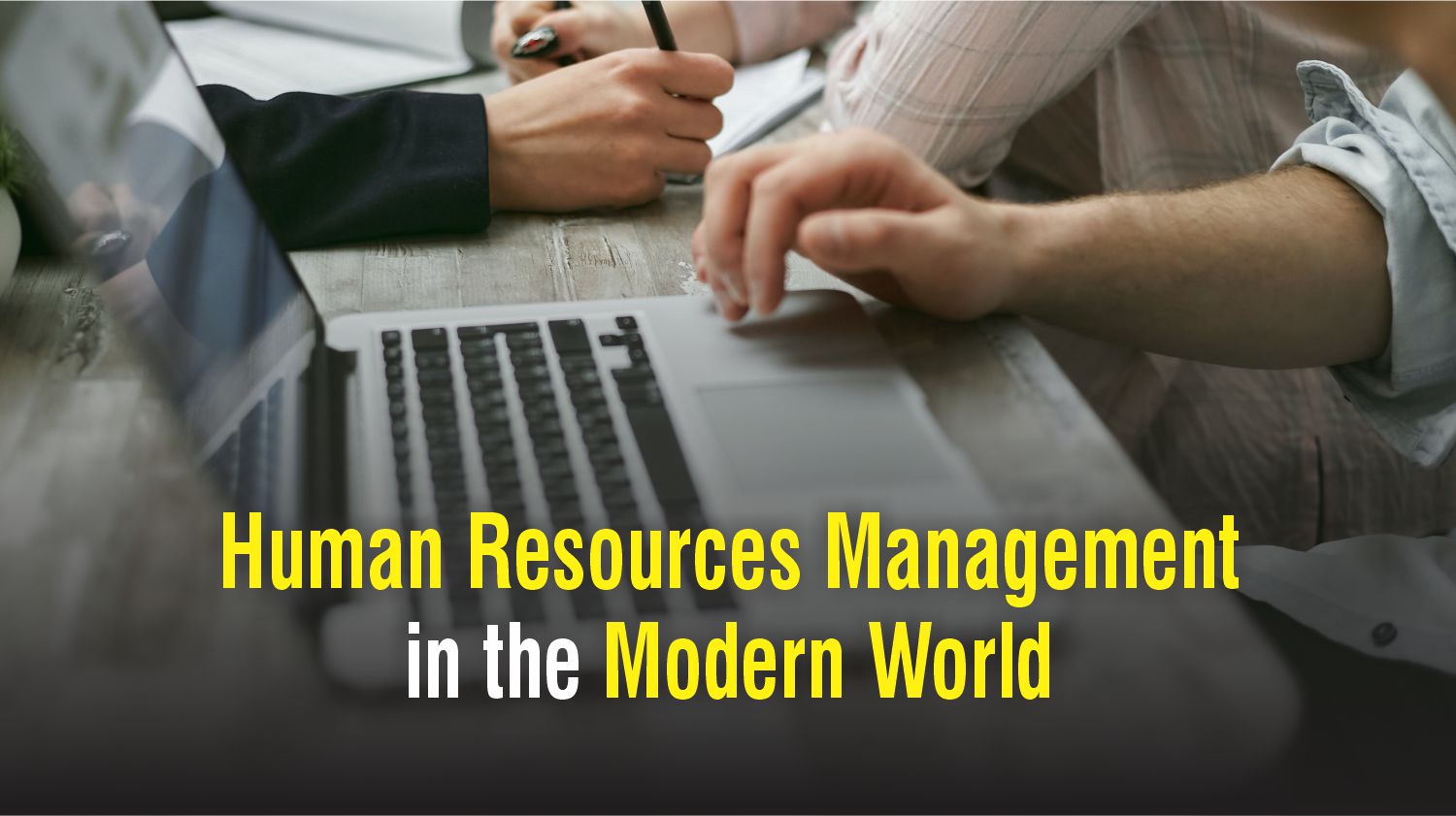
Human Resources Management in the Modern World
Human resource professionals face many challenges as they attempt to grapple with the needs of the modern workforce. In an era where mental stability is considered equally important—if not more vital—than financial stability and job security, HR professionals have a new and complex shift in their roles and responsibilities. Earlier, the HR department was one that was just looked at as the department that hired people and processed salary requests. Now, it is more about being involved with the company’s work culture, and even creating a work culture for the company.
In her podcast titled People Power: Insights and Strategies for HR professionals, Dr. Denean Robinson, professor and consultant in the field of human resources and leadership, explains the role of HR professionals in the modern world and how they can adapt to the changing requirements of the 21st-century workforce.

HR professionals are responsible for a good work culture
Ever since the COVID-19 pandemic, there has been a change in the way people view work and how organizations ought to function. The pandemic birthed a whole slew of changes, from work-from-home (WFH) opportunities to hybrid models of working. “The human resources department has to implement programmes that not only develop skill sets, but create an environment where wellness is a key component of support for the organization,” says Dr. Robinson.
The average American spends over 35 hours per week working, which translates to roughly 1,900 hours per year—over 1/3rd of his or her lifespan. This makes a good work environment vital from a mental wellness perspective—and it is the HR personnel who need to be trained to evaluate and create a good environment.
The new challenge for HR professionals—lack of employable people
A new challenge rising up in today’s world is a shortage of skilled workers, as more and more numbers of people drop out of the workforce due to a multitude of reasons. According to data from the US Bureau of Labor Statistics, approximately 38 million people quit the workforce in the year 2022. The resignations were not just limited to any one industry or profession, but occurred across industries and roles.
As HR professionals grapple with recruiting new talent, the challenge is balancing payroll budgets with the demands of employees who are themselves searching for financially-viable jobs, in an economy full of steep inflation. “It’s taking employers about 60 to 90 days to fill vacancies—that’s about two to three months,” Dr. Robinson observes. “HR departments themselves are facing burnout.”
Careers in human resources are more needed than ever before—but also more challenging
For HR professionals, staying on top of current trends is essential, as the workplace dynamics are liable to change and swing at any moment. With technology developments like Artificial Intelligence (AI) shaping not only the future of work but also hiring logistics, the world of work as we know it is changing. In the human resource industry itself, roles are changing as technology is being given more precedence. Chatbots are increasingly being used in the initial stages of the hiring process, and AI is being used to filter applications. Against this backdrop, the role of an HR professional is not just limited to understanding people but understanding the new rules of technology and how it is impacting the hiring process.
HR professionals need to be human-centric in today’s era
A larger number of people are quitting the workforce due to mental health challenges. Developing employees requires intensive people training, understanding how people “work” and how they perform work, and the core concepts of organizational development. The core skill of becoming an HR professional is developing people and helping them develop—in essence, being a people-person. HR professionals need to strategically assess how employees’ internal values and external performance will help the organization be sustainable in the long run, especially in the face of larger attrition rates and the continual job changes people are willing to make today.
Conclusion
As the world changes and economies shrink, the workplace reflects the hurdles employers are facing. Budgets are tighter, both on the payroll side and household side, and attrition is at an all-time high. In this environment, HR professionals need to know how to perform a delicate “balancing-act” between choosing the right people with the available financial limitations they have on hand. Listen to Dr. Denean’s entire podcast on Spotify to understand how you can adapt, either as an aspiring HR professional or a seasoned veteran who wants to understand the changing workforce.
Listen to the full podcast on Spotify here.
Read the first blog in this series here.
Other resources for learning about human resourcesHuman Resource Management Essentials You Always Wanted To Know
Diversity in the Workplace Essentials You Always Wanted To Know
Organizational Behaviour Essentials You Always Wanted To Know
Organizational Development Essentials You Always Wanted To Know
Share
